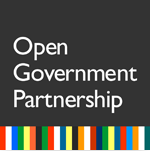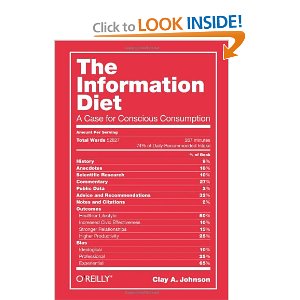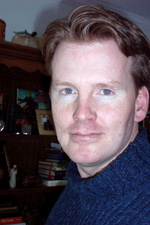Trust is an essential building block of any economic and social system. Systems that attempt to operate without it inevitably fail. A loss of trust typically preceeds a collapse in legitimacy.
That's our future. Here's why:
Let's start with a philosopher “king” of crypt0-security, Bruce Schneier. He has a new book out called Liars and Outliers: Eneabling the Trust that Society Needs to Thrive (Wiley, 2012).
The book is all about the mechanisms for building trust. There are four mechanisms:
- moral controls,
- reputational pressure (shame),
- institutional pressure (legal system), and
- security controls (encryption, locks, etc.).
He contends (rightly) that in the modern world, we don't typically make/have the personal relationships required to build moral and reputational trust. We typically make impersonal relationships when we interact with a global economic system (you buy stuff made by people you don't know). As a result, we rely up on institutional (legal compliance) and security (to guard against bad behavior) to provide the level of trust necessary to make the global economy work.
There are two massive problems with that.
Legal compliance is increasingly a farce. Take the mortgage settlement the US government and the financial industry reached over rampant fraud in mortgage lending. I wrote a bit more about it on the Resilient Community blog if you want more detail. What does this mean? That even at the national level in a “developed country” it is impossible to use legal means to enforce trustworthiness (let's not even talk about compliance at the global level). It's doesn't work anymore. It's just too easy for anybody with financial means, to buy off country's legal system for pennies on the dollar (to the damage caused). The compliance system is broken.
So, that leaves us with security as the only way to prevent bad actors from running away with the global system. This leads me to a great presentation I heard yesterday by Dan Geer. He's another philosopher “king” of crypto-security (but for the CIA). Very smart guy. He made a convincing case that security is scaling slower than data, bandwidth, node, and user growth. It is falling behind and will continue to fall behind as the global system grows.
Upshot: it's already nearly impossible to secure big organizations. Every Fortune 500 company has and will continue to compromised. The government's systems are already a sieve. There's almost nothing that can be done about it and it will get increasingly worse. Forget about securing a single person trying to connect to the global system. They are just sheep ready for slaughter.
So, what happens now?
The global system will continue to grow. Trust will continue to leak as attempts at compliance and security fail to work effectively. The economic depression we have already started gets worse and worse and worse. Disorder erupts. It grows….
Is there a solution? An alternative form of social order that can provide a scalable global solution?
Yes. Resilient communities. Resilient communities rescale your life down to a rational level. They make personal relationships with the people that economically interact with you possible (again).
Hey, let the rest of the world sink into the squalor of a trust free world. It will make that system easier to trounce in head to head competition for people.
See Also:
Robert David Steele, THE OPEN SOURCE EVERYTHING MANIFESTO: Transparency, Truth, & Trust (Evolver Editions, 5 June 2012)
and
Robert Garigue at Phi Beta Iota







